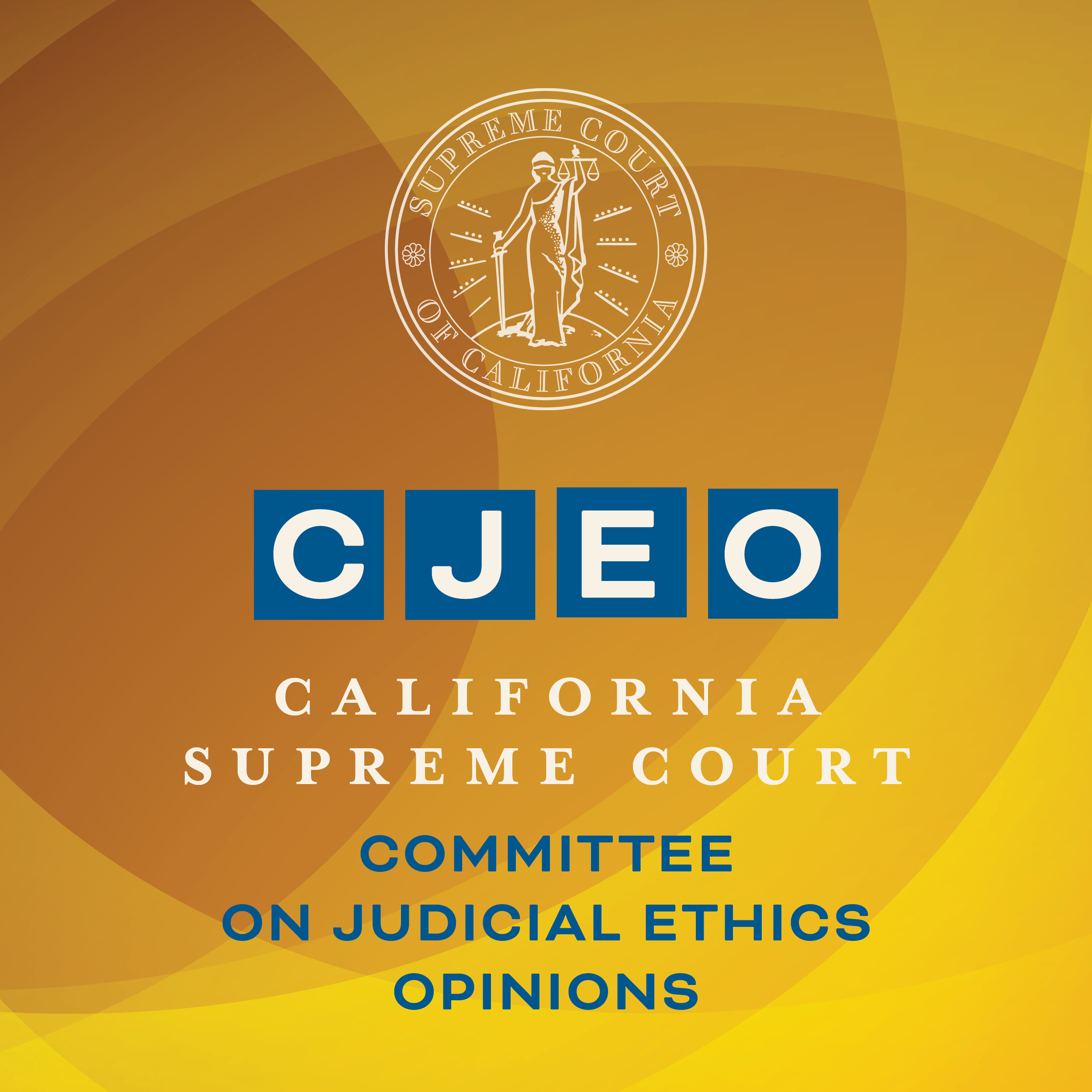Public Comment: Disqualification for Prior Judicial Involvement in Criminal Trial Proceedings
The Supreme Court Committee on Judicial Ethics Opinions (CJEO) invites public comment on a draft formal opinion about disqualification obligations of a trial judge based on prior judicial involvement in criminal trial court proceedings.
CJEO Draft Formal Opinion 2022-021 addresses whether a trial judge who issues a bench warrant for a failure to appear or who presides over a change of plea hearing must disqualify from subsequent proceedings involving those matters. The opinion concludes there are distinct statutory and policy reasons, supported by the Code of Judicial Ethics, why the trial judge would not be required to disqualify in a subsequent proceeding in which a defendant is charged with a failure to appear violation or challenges whether a felony conviction arising from the change of plea hearing qualifies as a prior strike.
This opinion will give trial judges who regularly
issue bench warrants and approve plea agreements confidence that, absent unusual circumstances, there are three independent reasons why disqualification in subsequent matters is not required based on having taken those judicial actions,” said committee member Justice Judith Haller (Ret.).
The committee’s Invitation to Comment is posted on CJEO’s recently updated website. Comments are due by Dec. 22 and may be submitted through CJEO's online comment form, by email to Judicial.Ethics@jud.ca.gov, or by mail to:
The Supreme Court of California Committee on Judicial Ethics Opinions
350 McAllister Street
San Francisco, California 94102
All comments submitted to CJEO may be posted on CJEO’s website for public review unless clearly marked as confidential.
About the Committee on Judicial Ethics Opinions (CJEO)
The Committee on Judicial Ethics Opinions is a 12-member advisory committee that includes appellate justices, trial court judges, a retired judge, and a commissioner. The committee is appointed and authorized by the California Supreme Court, but its work is independent of the court, the Judicial Council, and all other entities. Its opinions are advisory and do not necessarily reflect the views of the California Supreme Court or any other entity.
The committee issues formal, informal, and expedited advisory opinions on proper judicial conduct pursuant to the California Code of Judicial Ethics and other authorities. CJEO recently updated its website where it posts its advisory opinions, offers resources dedicated to specific judicial assignments and issues, and provides extensive judicial ethics tools and resource materials for the benefit of the bench and the public.


